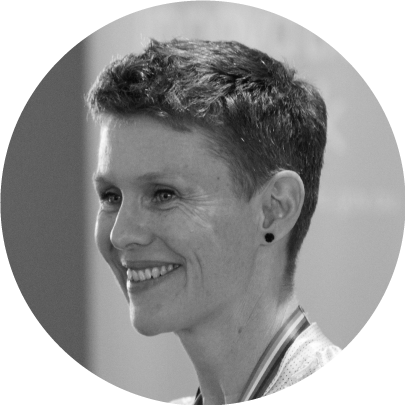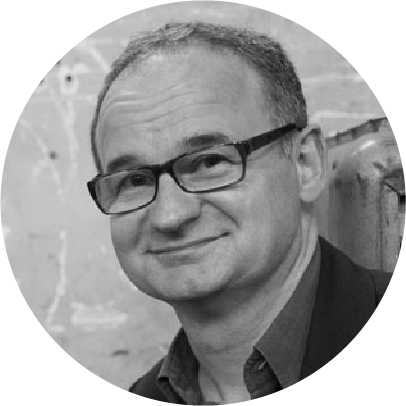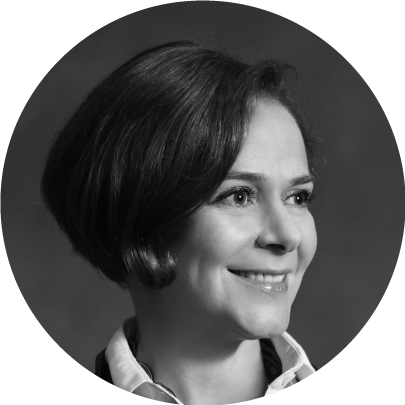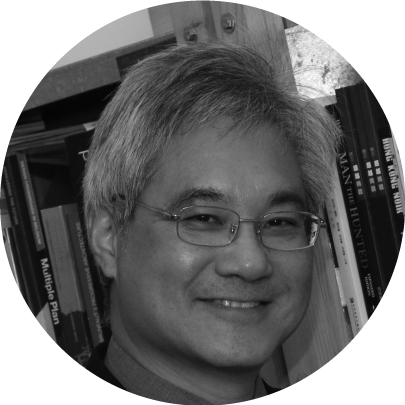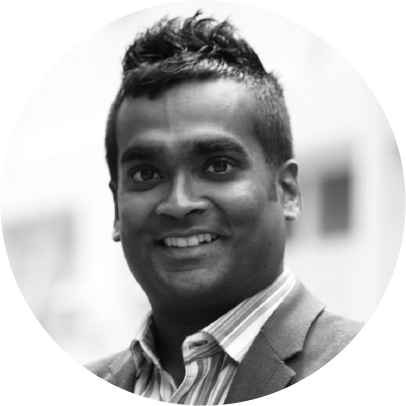Design is strategic problem solving and good investment.
With new technologies and shifting cultures, public sectors and business industries need to change the ways of thinking, collaborating and communicating with stakeholders and the public.
Facing complex challenges, a multidisciplinary approach to framing, analysing and solving problems is much needed.
Design is for all. The time has come for all to embrace design thinking, using a people-centred approach to read deep into user insights and to place the needs and aspirations of users and citizens ahead of the administrative needs.
Forum 3 looks at impactful cases and stories that use people-centred design approach for public sector innovations, such as public service design, smart city development, the making of creative economy and city vibe, cultural programming, health and care.
- How might we infuse creativity into public sector?
- What should be added to the toolkit for policy-makers, decision makers, civil servants, executives and professionals from non-profit and for-profit sectors as we envision and design for future cities?
- Where are the new opportunities for collaboration across public, private, non-profit and academic sectors?
- How can governments and businesses make the best of new technologies to respond to the shifting aspirations and needs?
- How do we better communicate and collaborate in the digital era?


